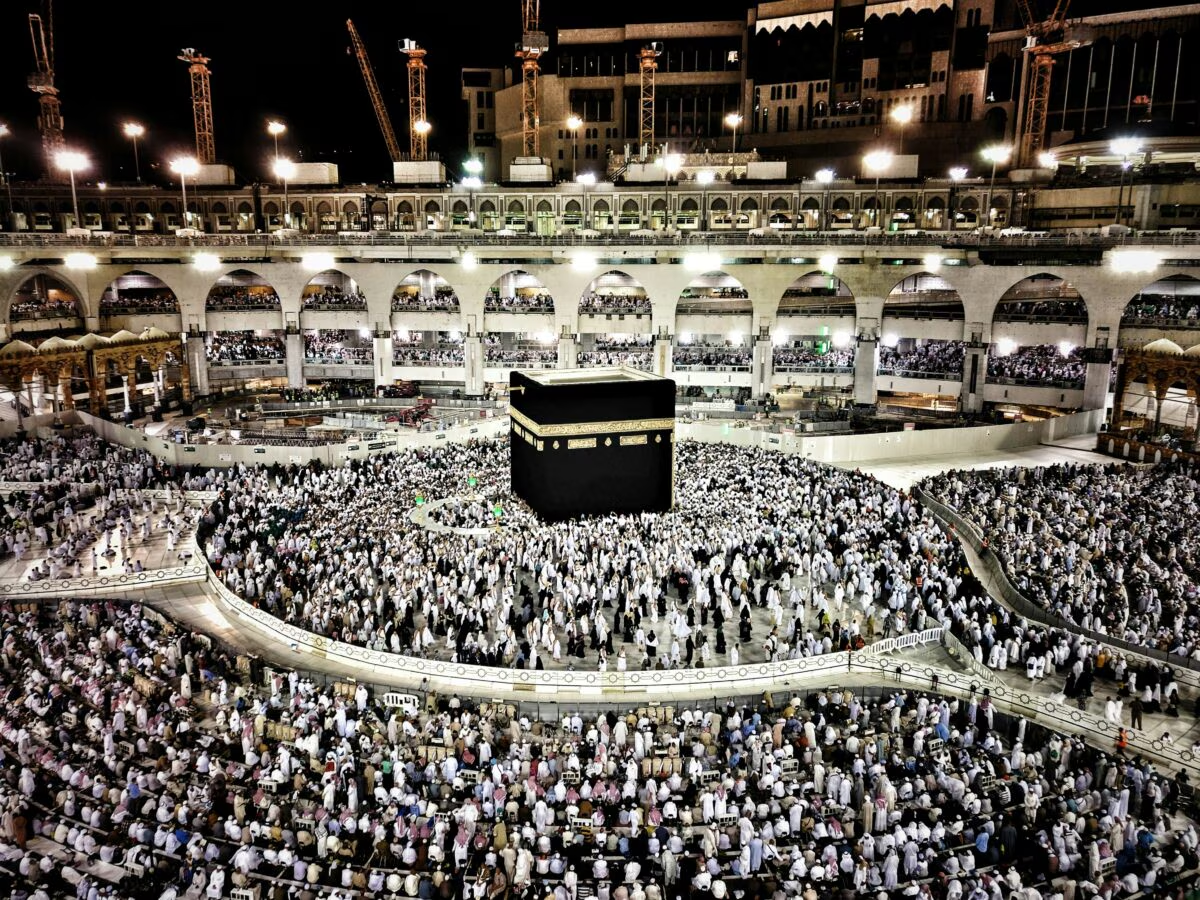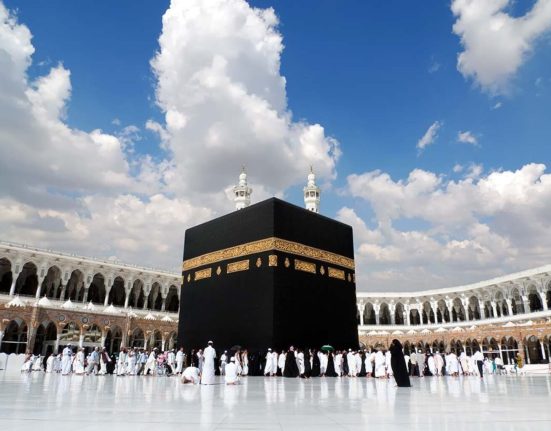As the Islamic year draws to a close, Muslims across the world turn their hearts toward one of the holiest and most spiritually charged months on the Islamic calendar, Dhul Hijjah. Recognised as the twelfth and final month of the Hijri year, Dhul Hijjah carries a weight of significance unmatched by most others, as it encapsulates both the Hajj pilgrimage and the celebration of Eid al-Adha, two monumental acts of devotion in Islam.
The name Dhul Hijjah, derived from Arabic, translates to “the month of pilgrimage,” a fitting title as it marks the period in which Muslims from all corners of the globe converge upon the sacred city of Makkah to fulfill one of the five pillars of Islam. The annual pilgrimage known as Hajj unfolds over the course of the 8th, 9th, and 10th days of this month, culminating in the Day of Arafah on the 9th, a day revered for its spiritual weight and described in Islamic tradition as a moment when sins are forgiven, prayers are answered, and hearts are purified.
The 10th of Dhul Hijjah ushers in Eid al-Adha, the Festival of Sacrifice, commemorating the obedience of Prophet Ibrahim (AS) who was willing to sacrifice his son in submission to Allah’s command. It is a day steeped in faith, as Muslims who are financially able perform Qurbani, the ritual slaughtering of an animal such as a sheep, goat, cow, or camel, as a symbol of devotion and a means of providing for the less privileged in society.
But Dhul Hijjah’s significance is not limited to these grand events alone. The first ten days of this month are considered by many scholars to be the most virtuous days of the entire Islamic year. Prophet Muhammad (peace be upon him) is reported to have said: “There are no days on which righteous deeds are more beloved to Allah than these ten days.” (Bukhari). In these days, Muslims are urged to increase their worship, charity, prayer, fasting, and remembrance of Allah, as the opportunities for reward are immense and unique.
Throughout the Islamic historical timeline, Dhul Hijjah is also linked to several key events. The 1st day marks the marriage of Fatimah bint Muhammad (RA) to Ali ibn Abi Talib (RA), an iconic union in Islamic history. The 7th sees the martyrdom of Muhammad al-Baqir, while the 9th, apart from being the Day of Arafah, is also remembered for the martyrdom of Muslim Ibn Aqil and Hani Ibn Urwah in Kufah. The 10th, beyond Eid, reflects the enduring legacy of sacrifice. On the 18th of the month, the assassination of Uthman ibn Affan (RA), the third Caliph of Islam, is observed. On the 19th, Fatima (RA) is said to have moved into the household of Ali (RA), and by the 25th, Ali Ibn Abi Talib (RA) was officially recognised as Caliph, following years of political upheaval.
In many ways, Dhul Hijjah is not merely a month; it is a spiritual season, a time for Muslims to align their hearts with righteousness, compassion, and submission to Allah’s will. For those not making the journey to Makkah this year, the month still offers a profound opportunity. From fasting on the Day of Arafah, which expiates sins of the previous and coming year, to increasing acts of charity and remembrance, every believer has a chance to earn immense blessings.
Muslims across Nigeria and beyond to seize the essence of Dhul Hijjah. Whether through Hajj, Qurbani, or personal acts of piety, the sacredness of this month is a divine invitation to draw closer to Allah and embody the true spirit of Islam in action and intention.


